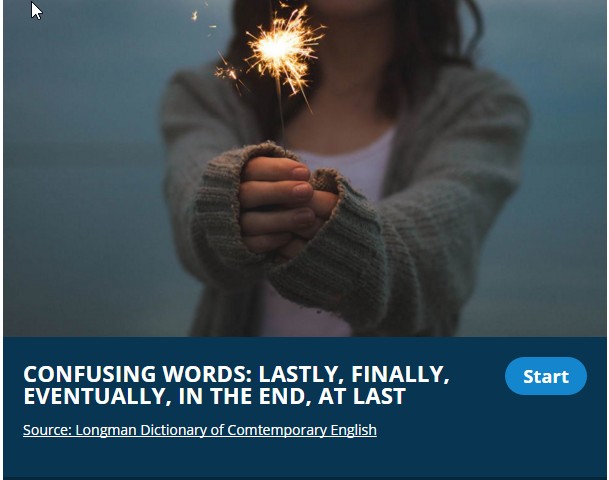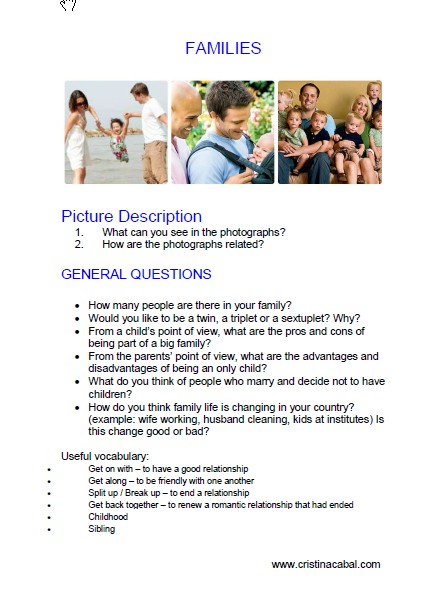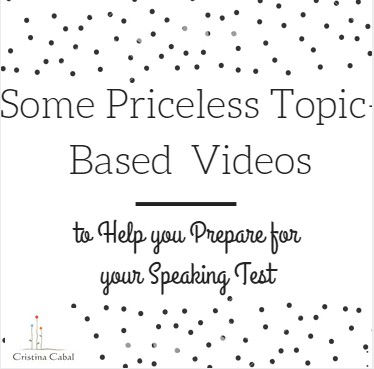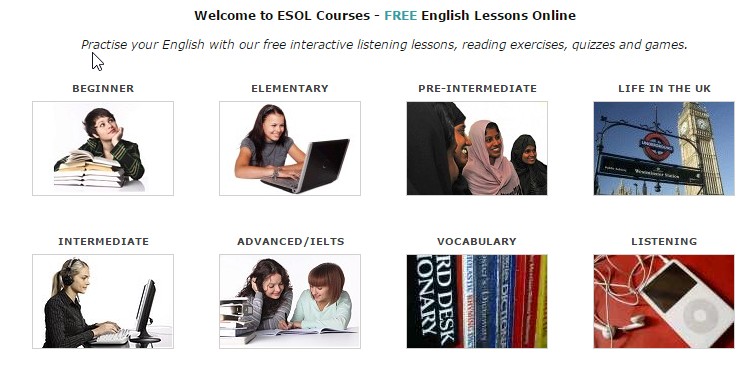Should I say “hello” in class, everybody would say “hello”, but if I added “Adele”, I bet most of my students would answer “it’s me”. Who, in this planet, hasn’t heard Adele’s new single a thousand times already? And this is good, believe me, at least for teaching purposes. I’ve always found it easier to do songs students are already familiar with as once they know the melody, they are further motivated to work with the lyrics. Mindful of the fact that one of the most important ingredients in learning a language is motivation, what could be more motivating than singing along Adele’s song now that it is being played everywhere?
THE ACTIVITY
Level. B2 (Advanced)
Time required: 30 to 40 minutes
Materials: teacher’s handout here, students’s handout here
Warming Up:
Show a picture of Adele and elicit any information they might know about her and her music. Offer some information about the song they are about to hear.
Adele is a British singer and songwriter. Her two previous albums, 19 and 21, have earned the artist numerous awards. Now, she has just released her third album 25 and the song Hello is the first single from the album. The song is a soul piano ballad that talks about nostalgia and regret and plays out like a conversation. Hello is the first song to sell over one million digital copies within one week of its release in the USA. (source Wikipedia)

Step 1. Introducing telephone vocabulary
Play from the beginning until 0:27 and ask students to tell you what Adele is saying when she is on the phone. Write on the board:
I’ve just got here, and I think I’m losing signal already. Hello? Can you hear me now? Sorry. I’m sorry, I’m — Sorry
Focus on the expression “losing signal”. Do students know what it means? Elicit vocabulary they know related to using the phone and write it on the board.
Step 2. Vocabulary handout
Hopefully students will know most of the words and expressions you are going to give them. Give students the handout and ask them to do Exercise 1.
Ask students to share their answers in pairs and then go over the answers as a class.
Step 3. The video: telling the story.
Tell students they are going to watch the video without sound; their task will be to narrate the story in the video focusing on using the vocabulary they have just learnt.
Ask students to work in pairs, student A and student B. The video lasts about 6 minutes. Student A will face the board and will tell student B, who is sitting with his back to the board, in as much detail as possible the story in the video for the first three minutes. Then, they change roles and student B does the same from 3.00 to 6.06. Encourage students to use the targeted vocabulary. Make sure everyone understands the activity and demonstrate if necessary.
Step 4. Focusing on the lyrics
Students listen to the song and their task will be to find the following:
- a verb meaning to desire to know something.
- three phrasal verbs.
- an informal contraction that some people consider incorrect.
- an idiomatic expression meaning to be lucky, successful and greatly admired.
- a modal+ perfect infinitive
- an idiomatic expression meaning to cause someone great emotional pain.
- a combination that goes against grammar, but which is very common in casual registers.
- an idiomatic expression meaningto achieve a goal, to be successful.
Ask students to compare their answers in pairs. Play the video a second time. Go over answers as a class.
Step 5. Singing along
Give students the lyrics and ask them to sing along. Should you have shy students, encourage them to shadow read. It might be good idea, at this stage, to remind students that listening to songs will help them improve pronunciation, listening and understanding of the English language.
The content of the lyrics is open to interpretation. Some people say it’s about a failed love relationship, some others argue that it is about Adele’s relationships with everybody she loves and cannot be with; others, on the other hand, claim it is Adele’s conversation with her old self before she became famous.
Which interpretation do you fancy?




 my new students. Are you going to be one of them? I hope so!
my new students. Are you going to be one of them? I hope so!
